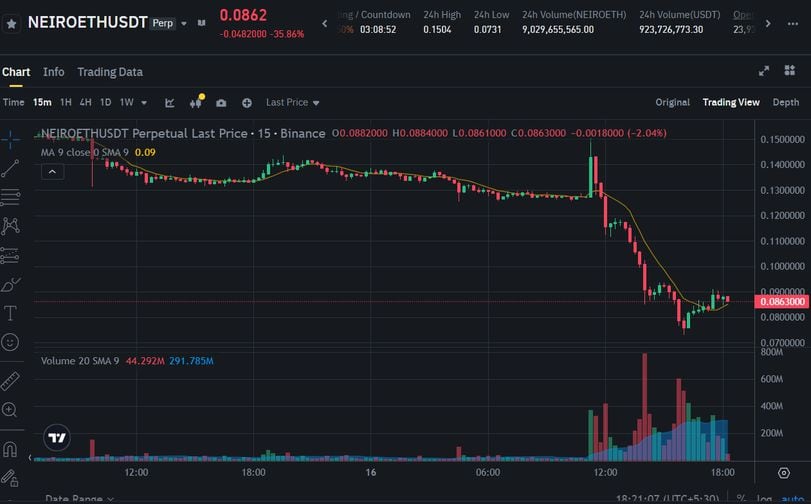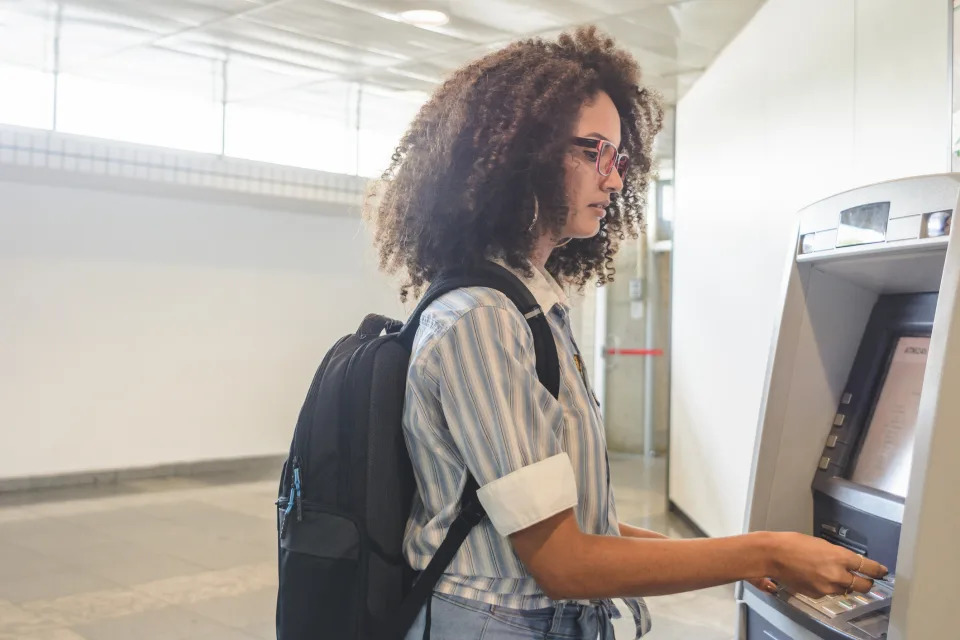Over 2024, inflation fell in France and currently stands at 1.6% , considerably lower than 5.2% in 2022 and 4.9% in 2023, as the National Institute of Statistics and Economic Studies (INSEE) reported.
And there was a gleeful bump in summer due to the Olympics effect, and some companies have had a good year. Carrefour , for example, said in November that it had won back market share from its rivals, and Hermès , unlike some of its luxury competitors, had a 10% jump in sales in the third quarter.
However, most sectors have seen reduced sales, from toys to real estate to DIY. So why aren't the French spending?
Inflation might have fallen, but people aren't feeling it for two main reasons. First, consumer prices are still inflated, plus wages haven't increased. The second is because of political instability.
Food prices are still up, but wages aren't
Let's look at food, a big necessity for a family budget. The consumer watchdog 60 Millions de Consommateurs keeps an eye on the same basket of 31 products of commonly bought items during a standard French weekly food shop in the large hypermarkets—a kilo of flour and pasta, a frozen pizza, and the cheapest eggs and shampoo, say. In August 2024, the prices of the same brands had increased by 12.5% compared to 2022.
And it means that people are buying fewer things to eat. In 2020, the average food shopper had 14 items in their shopping baskets, but by this summer, there were just 11. The reports of people feeling like they get less food for their money are substantiated by the fact that supermarket products are 20% more expensive overall than in 2021.
People are buying more discounted food products as they reach the end of life and while the cost has fallen for most fruit and veg in 2024 (except for the poor cucumber, whose cost on average has increased by a whopping 53% since 2023), the price over the past decade has increased by 50% for fruit and 67% for veg, according to Familles rurales . This independent group campaigns for family issues outside of city centers.
It's also well documented that French families have been cooking more eggs than before, choosing to get their protein from cheaper sources than meat. In 2023, the average person ate 24 more eggs than 20 years prior, and 2024 figures show the trend continuing .
This notion of feeling out of pocket is compounded because wages haven't increased at the same rate. Mathieu Plane, deputy director of the analysis and forecasting department at the French Observatory of Economic Cycles (OFCE), told Le Monde that between summer 2021 and summer 2024, wages increased by 11%. Still, the cost of everything else rose by 13%, so everyone lost out by 2%. Everyone has far less disposable income.
Vacations are moving out of reach
It isn't just food. In the past five years, prices for vacations have outstripped inflation. For example, an adult ticket costs about €124 at Disneyland (for both parks), a jump of 25% in five years. If you book a hotel room in France, the cost per night is 26% more than in 2019 and even higher at 37% in the capital. A six-day ski pass at Les Gets, an averagely-priced French resort, costs €291, a 28% increase in five years.
One explanation is that after COVID-19, as demand was ferocious to get back on the road, hoteliers, airlines, and other travel companies kept raising their prices. Another is that the staggering increase in the cost of raw materials, energy, laundry, and transport has forced prices up, as has the need to increase wages in the sector to attract people back into work after COVID-19.
However, families can't keep spending unchecked on leisure activities. INSEE says that this summer, for those who did go, French families spent less inside theme parks once on site than they used to.
As a result, home-sharing sites are booming as French families look to reduce costs, and the trend, more generally, is to travel for shorter periods and over shorter distances.
Interestingly, the travel industry now counts the streaming platforms Netflix and Canal Plus amongst their competitors because that's where many people now choose to spend their free time.
People are feeling politically queasy
Added to these hikes in the cost of necessities and vacations is a massive need for more confidence in the future. The current government keeps limping from one week to the next and is still struggling to pass its budget, which also promises to pass on substantial tax hikes to consumers.
France's biggest European partner, Germany, is suffering its political woes, and a divided Europe causes unease with Trump's looming arrival and uncertainty over what this means for tariffs and containing Russian aggression on Europe’s doorstep. As INSEE reported a darkening in consumer confidence in the business climate in November, it's clear that few feel very upbeat about the future. Indeed, families are unsure if they will be better off after Christmas.





